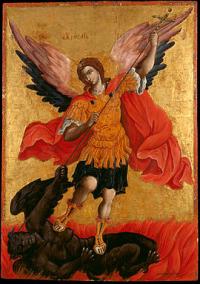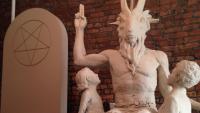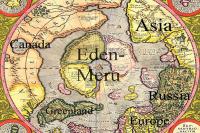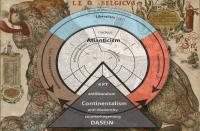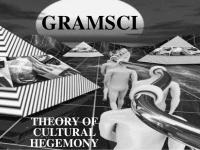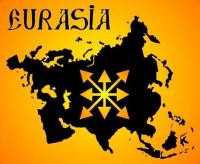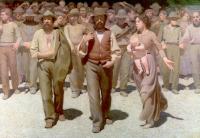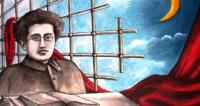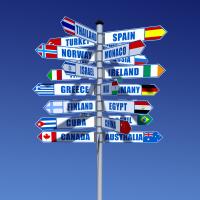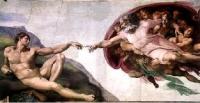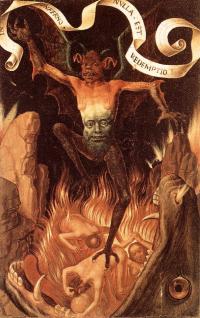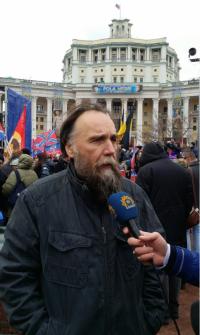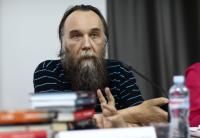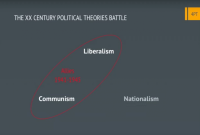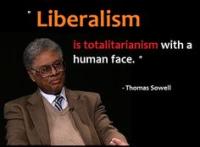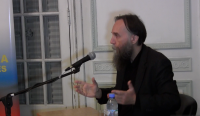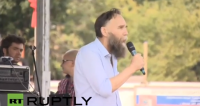"POST-TRUTH” AND THE TRUTH OF THE POLITICAL: FREEDLAND VS. DUGIN
Unlike Dugin, for Freedland there is only one truth in the world, which cannot be questioned at all. The British journalist completely ignores the so-called autonomy of the political, such as the fact that politics is not based on rationality, but on irrationality. As we learn from the German jurist Carl Schmitt, politics means acting to defend or impose a particular type of collective existence, beyond what is morally right or wrong and what is objectively true or false. Freedland is very surprised by the actual trend towards a «deeper and more bitter partisanship», but this fact only means that what is happening in countries like his own it’s simply the return of politics in contexts from which it was almost gone. Politics divides people into different groups, which are aggregated around a particular “speech”, or a particular “narration”, or, as Dugin teaches us, around a particular “truth”. To Trump’s supporters (like those of any other political leader) doesn’t matter if what their leader says is true or false; they only identify themselves in him and in his political view. So politicians like Trump are neither “engaging in post-truth politics” nor lying, but they are only making politics. Furthermore, Freedland should understand that in politics there are indeed no referees, but only players. In fact, there are referees only when there is someone who commands on all the others and who has the monopoly of the truth.


